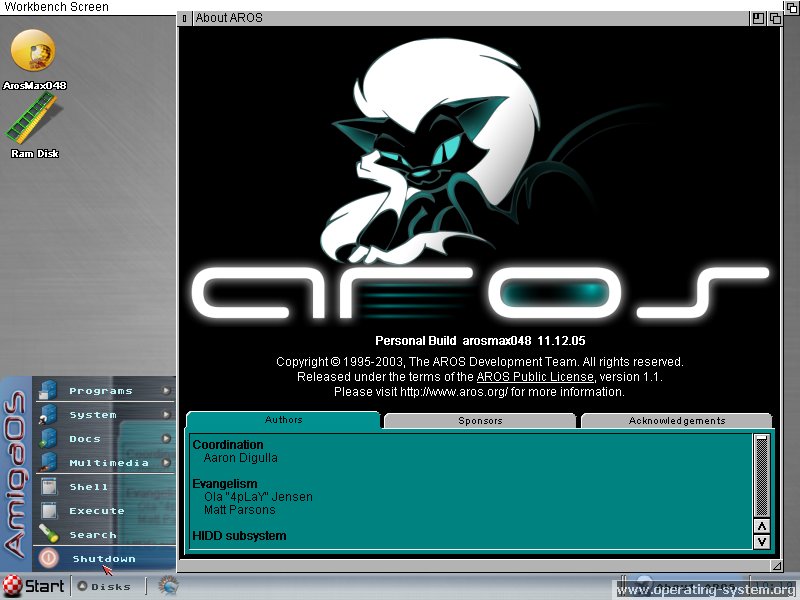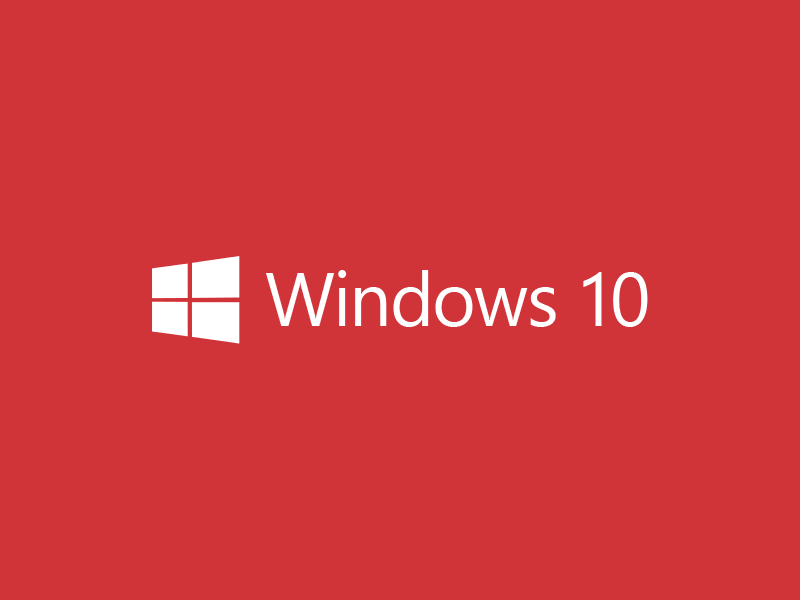Amiga The Company Update 365

The crowd cheered in California on Monday, when Apple announced HomePod, a new smart speaker armed with Siri, the company’s virtual assistant. Minutes later, an. No more missed important software updates! UpdateStar 11 lets you stay up to date and secure with the software on your computer. Yet another success for our burgeoning class of Silicon Valley overlords and their relentless quest to delegate all menial tasks in life to some sort of app: Booster.
Uh, Apple, Did You Think This Through? Office 2007 Language Pack Czech Republic Currency on this page. The crowd cheered in California on Monday, when Apple announced Home. Pod, a new smart speaker armed with Siri, the company’s virtual assistant. Minutes later, an image of the product appeared on Apple’s website and, well, holy shit, it looks just like HAL 9.
Computer security biz Preempt warned last October that Microsoft NT LAN Manager (NTLM) should be avoided. On Tuesday, it plans to support its assessment by going.
Latest trending topics being covered on ZDNet including Reviews, Tech Industry, Security, Hardware, Apple, and Windows.
Is Apple fucking with us? The resemblance is almost too uncanny. Of course, the new Home.
Pod doesn’t normally look like an all- seeing eye of artificially intelligent doom. It normally looks like a very handsome speaker product, as it should. Still, the promo shot on the Apple Store website shows a bird’s eye view of the speaker which features the colorful Siri waveform in the center. Apple says this dynamic image “appears on the top to indicate when Siri is engaged” and the surface offers “integrated touch controls also allow easy navigation.” In other words, the glowing orb responds, when you’re talking to it, just like HAL 9. It’s almost impossible to imagine that Apple overlooked the resemblance between this view of the Home. Pod and the murderous AI from Stanley Kubrick’s space opera, 2. A Space Odyssey. It wouldn’t even be the first time that Apple’s nodded at HAL.

Back in 2. 01. 1, when Apple first released Siri, you could ask the virtual assistant to “open the pod bay doors,” and Siri would sometimes respond, “We intelligent agents will never live that down, apparently.” Sometimes Siri would even quote HAL and say, “I’m sorry, Adam, I’m afraid I can’t do that.” Which is funny because that’s the point in the film, where the main character realizes the robot is trying to kill him. Jokes aside, the HAL 9. Apple now wants to install artificial intelligence and microphones into homes around the world. According to Apple, the Home. Pod only sends audio back to its servers once you’ve said “Hey Siri,” and even then, the data is encrypted. Nevertheless, it’s unclear exactly how much of your behavioral data Apple is recording and storing with the latest Siri updates, although the company says this data is stored locally on the Siri- powered device.
So it’s not like your Home. Pod is going to go haywire, lock all the doors, and refuse to let you turn the lights on. But if you’ve seen 2.
Office 2. 01. 3 license is for just one PC, FOREVER . Elf Bowling 7 1 7 Crackers. Specifically, this paragraph raised the most eyebrows: You may not transfer the software to another computer or user.
You may transfer the software directly to a third party only as installed on the licensed computer, with the Certificate of Authenticity label and this agreement. Before the transfer, that party must agree that this agreement applies to the transfer and use of the software. You may not retain any copies. Note the italicized portion above (emphasis ours). What it means is that the only way to give or sell your copy of Office 2.
Under these terms, you can't even transfer the software to yourself. If you buy a new PC, you're expected to buy a brand- new retail copy of Office to go with it, even if you uninstall it from your old machine. That Microsoft would be so brazen as to license its software under such terms beggars belief. And yet, as it turns out, that's just what it has done.'We do not sell our software or your copy of it'In a blog post on Tuesday, Redmond rep Jevon Fark laid out the licensing models for the various editions of Office 2. Office 2. 01. 0 and Office 3. Sure enough, while the packaged retail editions of Office 2.
Home and Student Edition) and the licenses were transferrable, Fark's chart confirms that neither is true of the retail Office 2. Furthermore, Fark explains that this isn't the first time Microsoft has issued such a license.
In fact, the same terms were included in the license for the Product Key Card (PKC) editions of Office 2. Product Key and no install media. Legal precedent varies depending on the jurisdiction, with European courts tending to lean in favor of consumer rights. But in the US, at least, it seems likely that Microsoft's language would be upheld by the courts as legally binding. Past attempts to invalidate software licenses have generally been based on the first- sale doctrine, a legal principle that establishes that purchasers of copyrighted works (such as books, recordings, or software programs) have the right to use and dispose of them as they wish.
But US courts have ruled that first- sale doctrine does not apply to works that have merely been licensed and not sold outright – and Microsoft's Office license is abundantly clear about that: We do not sell our software or your copy of it – we only license it. Under our license we grant you the right to install and run that one copy on one computer (the licensed computer) for use by one person at a time, but only if you comply with all the terms of this agreement. Our software license is permanently assigned to the licensed computer. Fark says the only exception to the non- transferability clause is if a customer's PC fails while still under its warranty period. In that case, he explains, ?
Anyone who has been following the latest Office launch should already know Redmond's answer to that: those customers should skip the retail version of Office 2. Office 3. 65 subscriptions instead. As Fark points out, each Office 3. Home Premium subscription allows you to install the Office applications on five different computers at once, and the licenses are infinitely transferable – just deactivate the suite on one device and install it on another. Details for the business editions of the new Office 3. El Reg has it on good authority that those licenses will allow similar flexibility.
Still, not every customer will be pleased with an arrangement under which they essentially rent their software, rather than buying it, and many are sure to resent what seems like a strong- arm tactic on the part of Microsoft designed to break traditional purchasing patterns. Stricter licensing for the retail versions of Office isn't the only way Redmond has been trying to push customers toward the subscription model, either. Early on it tried the carrot approach, by offering various incentives as exclusives for Office 3. Lately, however, it has increasingly favored the stick – most recently by upping the prices of the Mac version of Office to match those of its Windows counterpart, even though Office for OS X has not had a refresh since October 2. To those who don't agree, however, alternatives such as Libre. Office are looking better than ever.